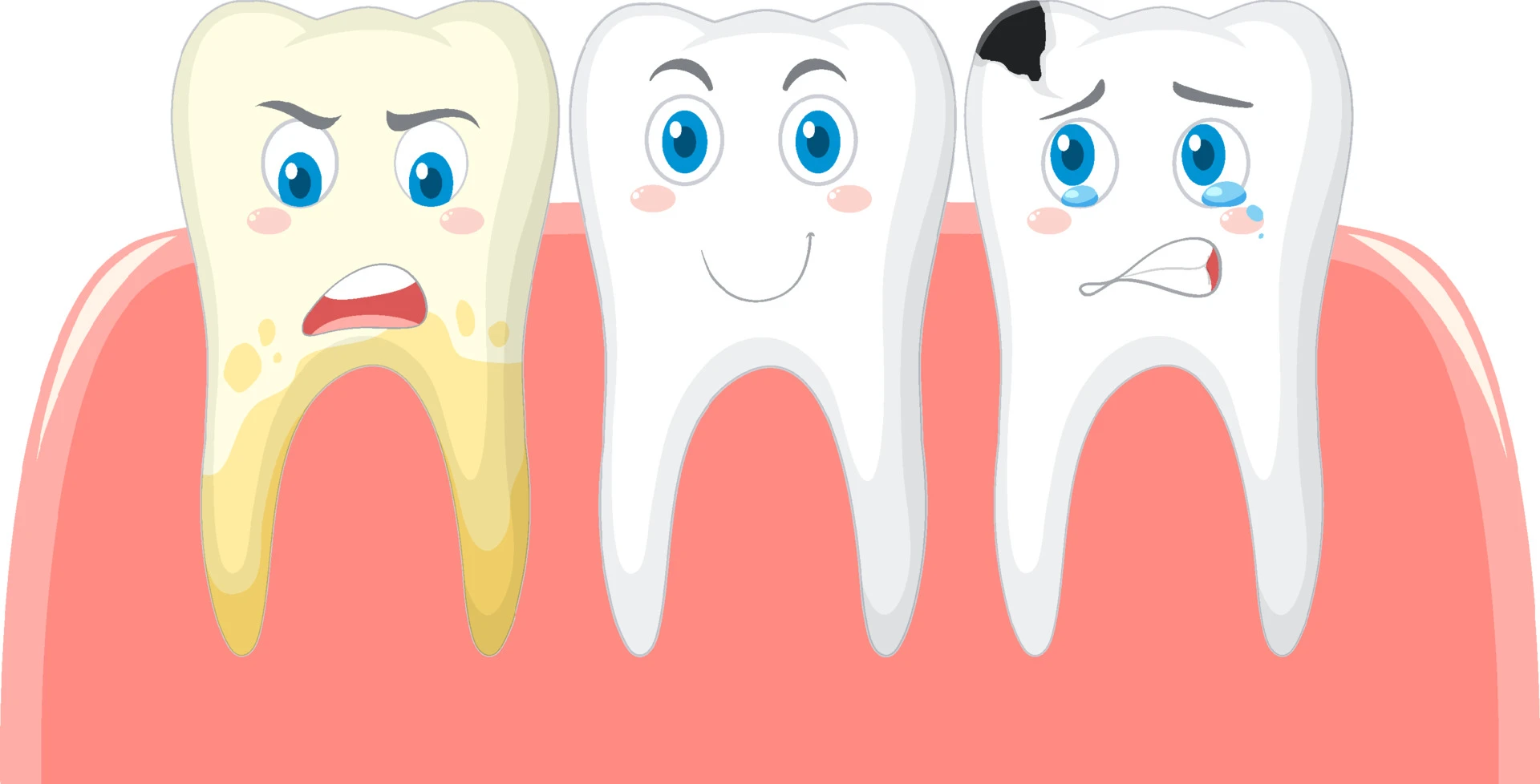1. Financial Protection:
Dental insurance provides financial protection by covering a portion of the cost of dental treatments and procedures. This helps individuals and families avoid the hefty expenses associated with dental care, including routine check-ups, cleanings, fillings, and even more complex procedures like root canals or orthodontic treatments. Having dental insurance allows people to budget and plan for their oral health needs without worrying about breaking the bank.
For example, let's consider Sarah, a young professional who recently started a job that offers dental insurance. Thanks to her dental coverage, Sarah is able to undergo a root canal procedure without worrying about the substantial cost. With her insurance covering a significant portion of the expense, Sarah can focus on her recovery rather than stressing over how to pay for the treatment.
2. Preventive Care:
Dental insurance encourages regular preventive care, such as cleanings and check-ups, which can help catch and address dental issues early on. By covering the cost of these routine visits, insurance encourages individuals to be proactive about their dental health, preventing more serious and costly problems in the long run. Regular dental exams can also help detect oral diseases or conditions at an early stage when they are easier to treat.
Imagine John, a middle-aged individual who regularly visits his dentist for check-ups and cleanings. John's dental insurance covers these preventive services, encouraging him to maintain his oral health. During one of his routine check-ups, the dentist detects early signs of gum disease. Thanks to the early intervention made possible by his insurance coverage, John undergoes a non-invasive treatment that saves him from future dental complications and potentially more expensive treatments.
3. Access to Dental Services:
Dental insurance provides individuals with access to a wide range of dental services, including specialists like orthodontists or periodontists. By reducing the financial barrier, insurance enables people to seek the necessary treatments for their dental concerns. This ensures that individuals can receive the care they need without delay, leading to better oral health outcomes in the long term.
Consider Lisa, a mother with a child who needs braces. Lisa's dental insurance covers a portion of the cost for orthodontic treatments. This enables Lisa to take her child to an experienced orthodontist without worrying about the financial burden. By having access to specialized dental services, Lisa's child can achieve a beautiful, healthy smile without compromising their oral health due to financial constraints.
4. Affordability of Treatments:
Dental insurance helps make dental treatments and procedures more affordable. Many insurance plans cover a significant portion of the cost, reducing the out-of-pocket expenses for individuals. This can make dental care more accessible to those who may not have the financial means to pay for treatments upfront. Having insurance allows for better financial planning and enables individuals to prioritize their oral health without compromising on other essential needs.
Tom, an elderly individual on a fixed income, requires a dental implant to replace a missing tooth. With the high cost of the procedure, Tom would have been hesitant to proceed without dental insurance coverage. Fortunately, his insurance plan significantly reduces the out-of-pocket expense, making the treatment more affordable. As a result, Tom can confidently invest in restoring his smile and oral functionality.
5. Oral Health Maintenance:
Dental insurance supports individuals in maintaining good oral health by covering the cost of preventive services like cleanings, check-ups, and fluoride treatments. By making these services more accessible, insurance encourages regular oral hygiene practices, leading to healthier teeth and gums. This, in turn, can contribute to overall well-being and quality of life.
Michelle, a busy working professional, takes advantage of her dental insurance coverage to receive regular cleanings and check-ups. This allows her dentist to identify signs of tooth decay early on. By promptly treating the decay and providing preventive measures like dental sealants, Michelle's insurance plan helps her maintain excellent oral health and prevents more extensive, costly procedures in the future.
6. Emergency Services:
Dental emergencies can happen unexpectedly, and dental insurance provides coverage for emergency services. This ensures that individuals can receive prompt treatment when faced with toothaches, broken teeth, or any other dental emergency. Having insurance in such situations can alleviate the financial burden of emergency dental care.
Michael, a young athlete, experiences a dental emergency during a sports event, resulting in a fractured tooth. Thanks to his dental insurance, Michael can immediately seek emergency dental care. His insurance coverage reduces the financial burden associated with the necessary treatment, ensuring that his oral health is restored promptly and preventing further complications down the line.
7. Peace of Mind:
Knowing that dental insurance is in place provides individuals with peace of mind. They can rest assured that they have access to dental care when needed, without worrying about the cost. This peace of mind allows individuals to prioritize their oral health and seek necessary treatments promptly, leading to better overall oral health outcomes.
Salina, a parent of two young children, finds comfort and peace of mind knowing that her dental insurance provides coverage for her entire family. With the insurance in place, Sarah can rest easy, knowing that her children can receive the necessary dental care without causing a strain on the family's budget. This peace of mind allows Sarah to prioritize her family's oral health and schedule regular dental appointments with confidence.
8. Overall Health Benefits:
Good oral health is closely linked to overall health. Dental insurance enables individuals to receive regular dental care, which not only improves their oral health but also has positive impacts on their general health. By promoting preventive care and prompt treatment, dental insurance contributes to overall wellness and reduces the risk of systemic health issues related to oral health problems.
Let's consider Mark, a middle-aged individual who understands the vital connection between oral health and overall well-being. With his dental insurance, Mark can receive regular dental check-ups, leading to the early detection and treatment of gum disease. By proactively managing his oral health, Mark significantly reduces the risk of systemic health issues associated with untreated gum disease, such as heart disease or diabetes complications. Through his dental insurance, Mark not only maintains good oral health but also safeguards his overall health in the long run.
In summary, dental insurance offers financial protection, access to a wide range of dental services, and affordability of treatments. It encourages preventive care, ensures access to emergency services, promotes peace of mind, and contributes to overall health and well-being. With dental insurance, individuals can prioritize their oral health without the stress of high costs, leading to better oral health outcomes and overall quality of life.



